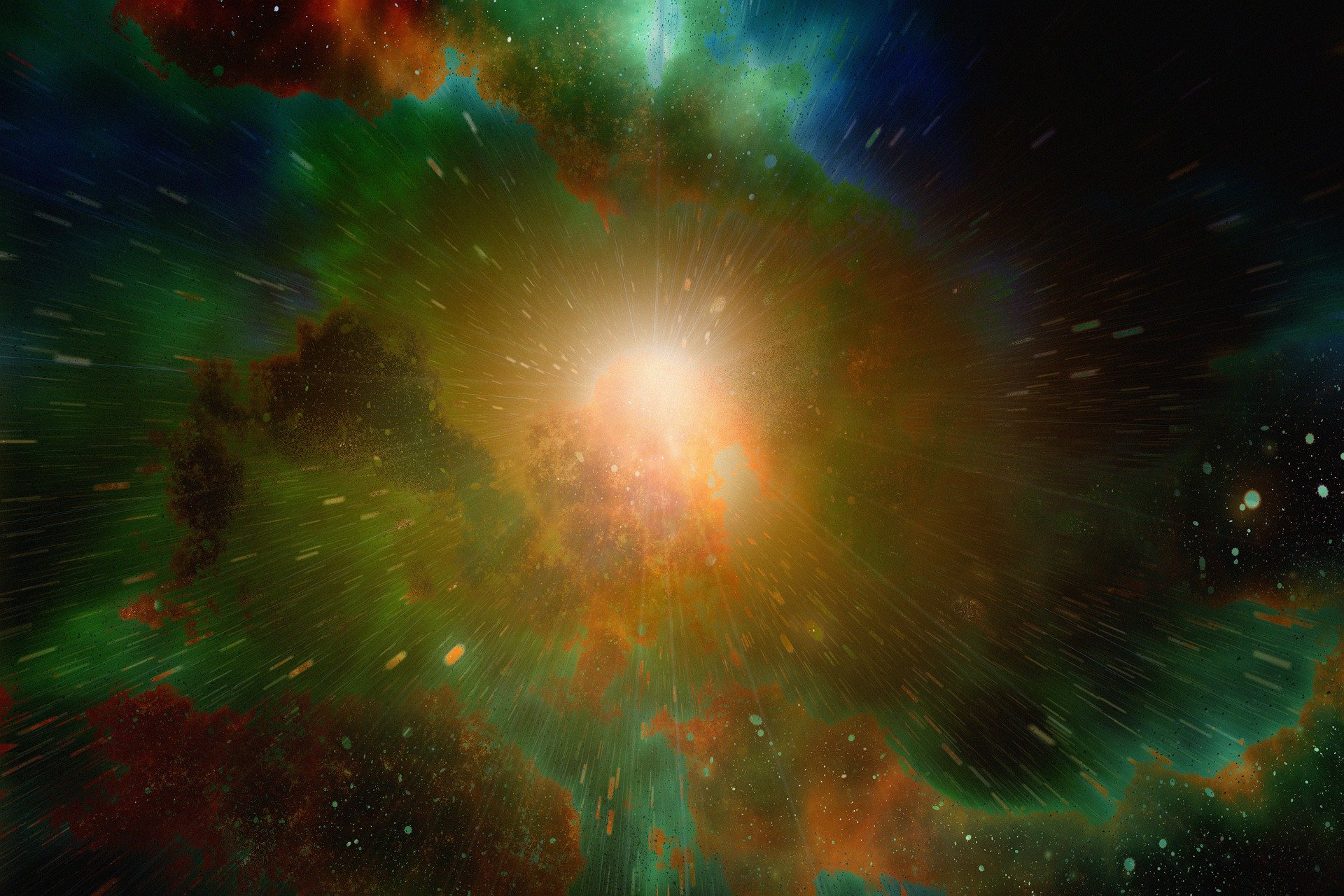
The first stars in the universe were born in clusters rather than individually, an international team of scientists has discovered after research using artificial intelligence.
After the Big Bang, the only elements in the universe were hydrogen, helium, and lithium. Most of the other elements that make up the world around us were produced through nuclear reactions in stars. Some elements are formed by nuclear fusion in the core of a star and others are formed in the explosive death of a star. The first generation of stars, the first to produce elements heavier than lithium, is of particular interest but difficult to study because none have been directly observed and all are thought to have already exploded as supernovae. Researchers are trying to draw conclusions about first-generation stars by studying the chemical “signature” of the first generation of supernovae imprinted on the next generation of stars. Based on their composition, very poor stars (rare but numerous enough to be analyzed as a group) are thought to be stars formed after the first round of supernovae.
In the research published in The Astrophysical Journal, a team of scientists from the University of Tokyo, the National Astronomical Observatory of Japan and the University of Hertfordshire used a new approach using artificial intelligence to interpret the chemical compositions of more than 450 extremely metal-poor stars observed with telescopes. They found that 68% of these stars have a chemical signature consistent with fertilization from multiple previous supernovae. In order for the remnants of several previous supernovae to be mixed into a single star, it is concluded that the supernovae must have occurred in very close proximity, and thus in many cases first-generation stars must have formed together in clusters.
The research team hopes to apply this method to new data from existing and planned observational surveys to better understand the early days of the universe.

“Avid problem solver. Extreme social media junkie. Beer buff. Coffee guru. Internet geek. Travel ninja.”





More Stories
In Greece Porsche 911 50th Anniversary – How much does it cost?
PS Plus: With a free Harry Potter game, the new season begins on the service
Sony set to unveil PS5 Pro before holiday season – Playstation